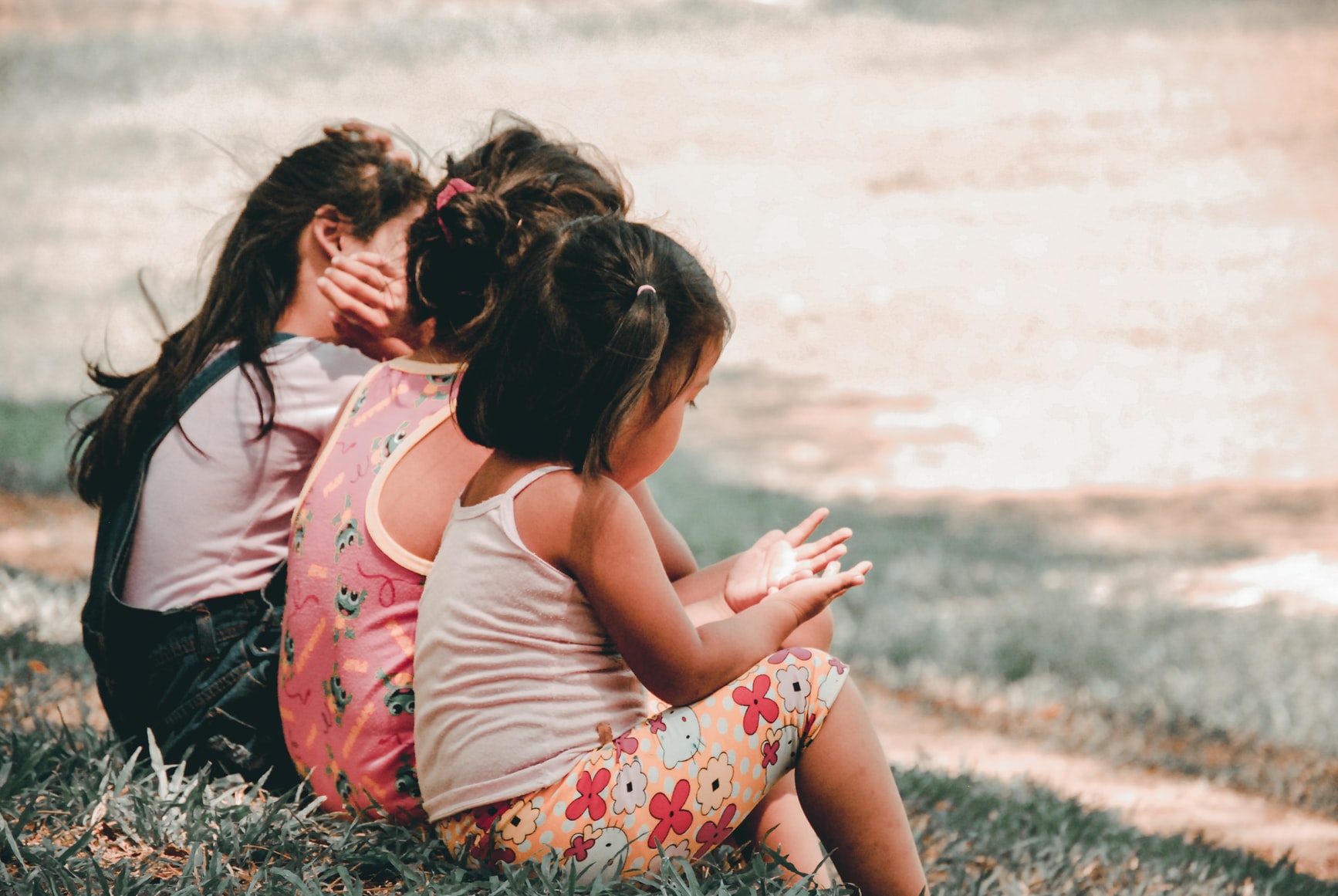News release
From:
Children frequently encounter social inclusion and exclusion situations that grant or revoke their access to social groups. This cross-cultural study assessed effects of social exclusion experience on children's inclusion behaviors. Children from Germany, New Zealand, and Northern Cyprus were sensitive to exclusion and understood that excluded agents will be sad consequentially. Across cultures, exclusion experience did not affect children's subsequent inclusion of out-group agents into an ongoing play. However, children from Germany and New Zealand were more likely to include the agent than Northern Cypriot children. These results suggest universality without uniformity in children's navigation of social exclusion and inclusion.



 New Zealand; International
New Zealand; International


